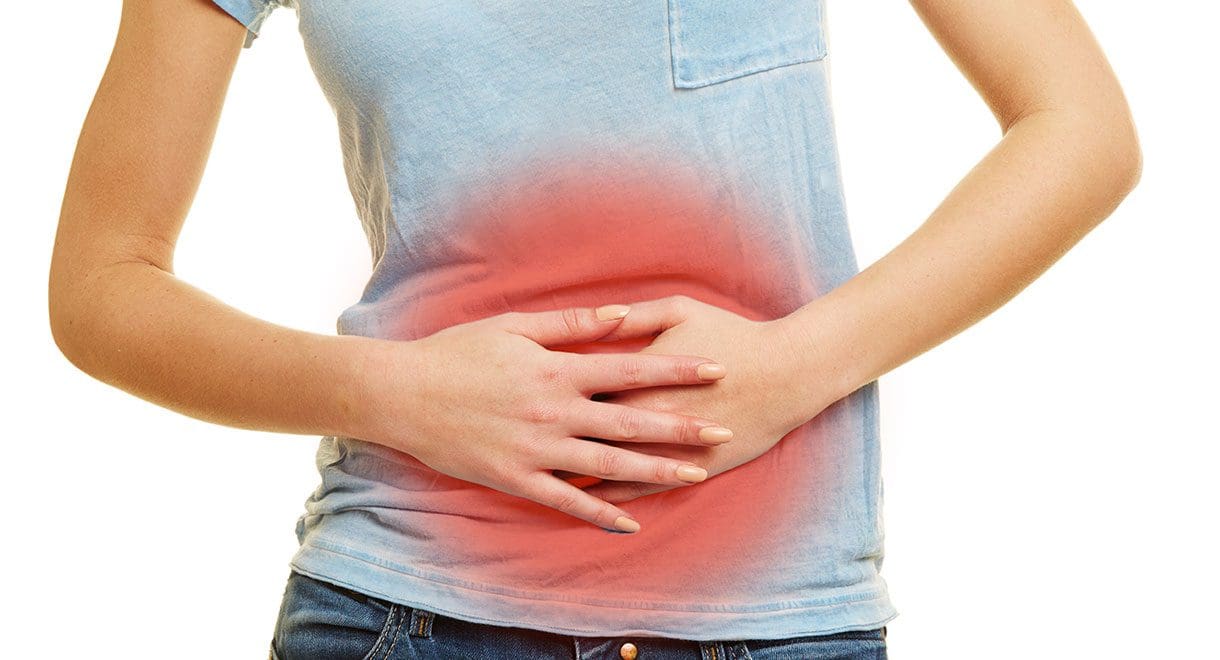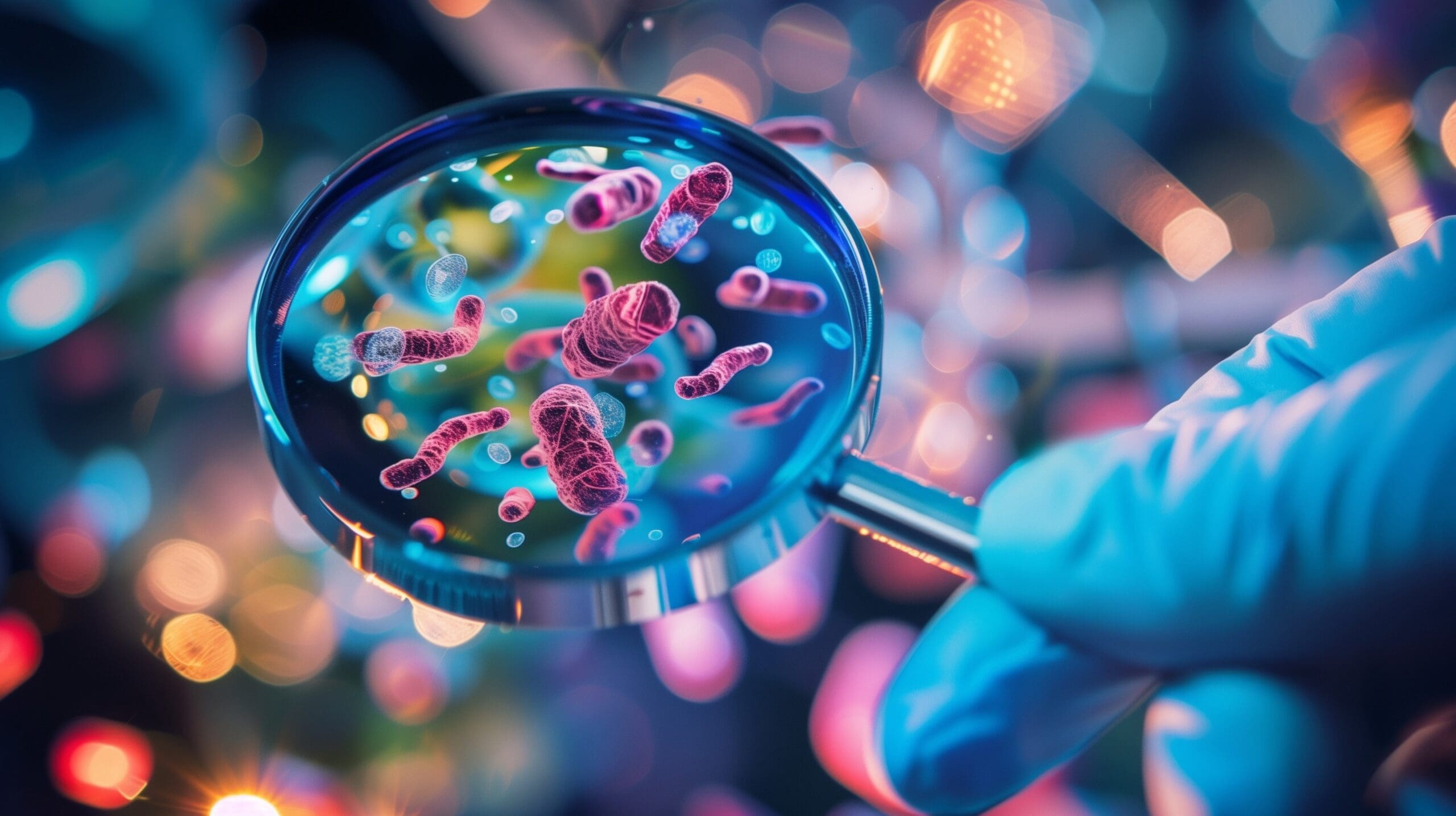8 signs you may have a leaky gut
By naturopath Margaret Jasinska
Your intestines are the gateway to your health. If your gut is healthy, chances are your overall state of health is good. Whereas if your digestive health is poor, you probably experience several varied health problems.
You may have heard of leaky gut syndrome. It is increasingly being recognised as an underlying factor in most inflammatory and immune mediated health problems.
What is a leaky gut?
Your intestine is naturally permeable to very small molecules in order to absorb vital nutrients. At the same time, it is designed in a way to prevent large or harmful molecules from gaining entry to the bloodstream. In some circumstances, the healthy intestinal barrier can become inflamed or irritated, leaving it excessively permeable to harmful substances.
In some people, gluten can cause the gut cells to release zonulin, which is a protein that can break apart tight junctions in the intestinal lining. Dr Alessio Fasano has done a great deal of research on zonulin, leaky gut and the development of autoimmune disease. You can read one of his papers here. Other factors can also break down the gut lining and make it excessively leaky; most commonly gut infections, parasites, alcohol, stress, the oral contraceptive pill, antibiotics and non-steroidal anti-inflammatory drugs.
When these tight junctions get broken apart, you have a leaky gut. When your gut is leaky, harmful things like bacteria, toxins, heavy metals and undigested food particles can leak through your intestines into your bloodstream. Once they get into your bloodstream, the first place they head is your liver. This puts a great strain on your liver function and it’s not surprising that most people who have had a leaky gut for some time eventually go on to develop poor liver health. Sometimes they even develop elevated liver enzymes and a fatty liver.
What causes leaky gut?
The number one cause of leaky gut syndrome is gluten. A large percentage of the population just cannot digest gluten properly, and it triggers inflammation in the intestinal lining. You do not need to have coeliac disease in order for gluten to make you very sick. Other common culprit foods are dairy products (casein), sugar and any food you are allergic to (eg. Nuts, eggs, soy, corn). Alcohol promotes increased intestinal permeability.
Gut infections promote a leaky gut. The most common infectious causes are Candida overgrowth, intestinal parasites, and small intestine bacterial overgrowth (SIBO). You can develop these types of infections from consuming too much sugar, insufficient production of digestive juices (stomach acid, bile, digestive enzymes), poor hygiene or food poisoning.
The most common medications to promote leaky gut are antibiotics, particularly if taken long term such as for acne or bladder infections. The non-steroidal anti-inflammatory drugs like Naprogesic and Nurofen are common culprits. Steroids and stomach acid suppressing drugs also promote leaky gut.
8 Signs You May Have a Leaky Gut
If you suffer from any of the following conditions, it’s likely that you have a leaky gut.

1. Digestive problems
Digestive problems like gas, bloating, diarrhea, constipation or irritable bowel syndrome (IBS).

2. Hay fever, allergic rhinitis or sinusitis
Seasonal allergies, or year round allergies usually indicate compromised digestive health. To reduce the risk of developing these kinds of allergies in the first place, it is vital to restore your gut health.

3. Food allergy, intolerance or sensitivity
These are clues that indicate you are not digesting your food thoroughly, and the resulting immune reaction in your intestines is inflaming the delicate gut lining. If you have a leaky gut, incompletely digested food molecules will be absorbed into your bloodstream and you may develop food sensitivities.

4. Skin problems
Problems like itchy skin, acne vulgaris or acne rosacea, cystic acne, dermatitis or eczema. If the skin on the outside of your body is inflamed, you can be certain that the skin on the inside is inflamed too. The lining of your insides, from your mouth right down to your anus is really like an internal skin. Healing the skin on your inside is the key to glowing, radiant, healthy skin on the outside.

5. Mood disorders
Disorders such as anxiety or low mood. Harmful bugs in your intestines produce toxins that can travel right through your bloodstream and they can even cross through your blood brain barrier. These toxins can disrupt the production of neurotransmitters in your brain and negatively affect your mood.

6. Diagnosis of an autoimmune condition
There is a great deal of solid research to confirm the link between autoimmune disease and leaky gut syndrome. Here you can read a paper titled Leaky gut as a danger signal for autoimmune diseases. An excessively permeable gut lining is thought to be a trigger for the development of an autoimmune disease, as well as a driving force in flare ups. There are 81 recognized autoimmune diseases.

7. Joint pain
This is a classic symptom of an inflamed gut. Toxins that enter the bloodstream through the gut lining typically lodge in the joints and create pain and inflammation. If this is allowed to continue for years, it can wear away the protective cartilage and create structural problems.

8. Foggy head
This is also known as impaired cognitive function. A compromised gut lining allows gut toxins and waste products into the bloodstream. Some of these can cross the blood brain barrier and significantly impact concentration, memory and motivation. There is more to read here.
How can you heal a leaky gut?
Healing a leaky gut involves the intestines, the liver and the immune system. Dr Cabot’s new 15 Day Cleanse addresses all three components. It includes three all natural supplements, to be used in conjunction with a gluten and dairy free healthy eating plan. It does take longer than 15 days to heal a leaky gut, which is why Dr Cabot has released the Ultimate Gut Health and Ultimate Superfood powders, to provide ongoing support.
- Remove all known and suspected problematic foods. Gluten, dairy products and sugar should be eliminated. Since they very commonly cause food intolerance or allergy, it may be necessary to temporarily eliminate other foods such as soy, corn, nuts and eggs. It is best to be guided by a naturopath or nutritionist in this matter.
- Kill harmful gut microbes. SIBO (Small Intestinal Bacterial Overgrowth) is a very common cause of leaky gut, especially among people who eat well. Thus it’s very common among my patients. Herbal antimicrobials or prescription antibiotics may be necessary to eradicate the overgrowth.
- Heal the lining of your intestines with a glutamine supplement. Glutamine literally helps to heal and seal the gut because it provides fuel for the intestinal cells; helping to repair and regenerate them.
- Re-inoculate your intestines with beneficial microbes. A good quality probiotic is helpful, as is including fermented foods in your diet, such as sauerkraut, kefir and kimchi.









Leave A Comment